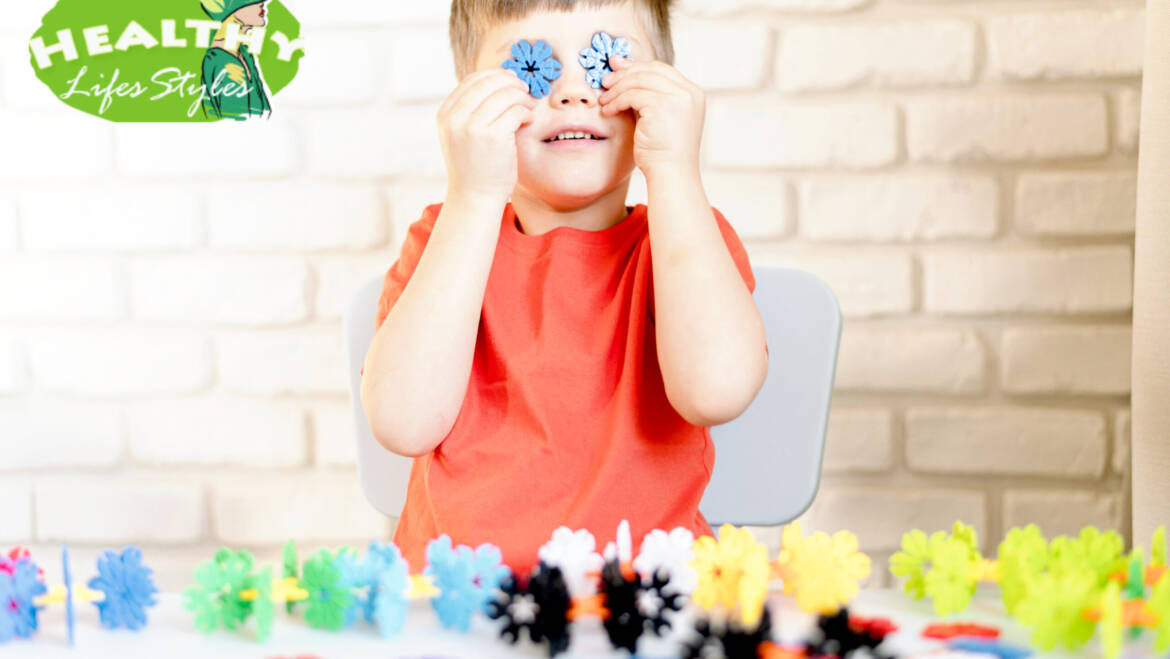Height and weight are frequently the first things that come to mind when discussing a child’s progress. These are two crucial aspects of your child’s physical well-being. Your child’s development since your previous appointment will be assessed each time you see your doctor.
All growth and development start with your child’s health. Obviously, your child’s health goes beyond only their physical well-being.
Mental health, social and emotional development, and cognitive (learning and thinking) growth are additional critical facets of your child’s health. All aspects of your child’s health and development have an impact on their entire well-being.
It is crucial to discover high-quality medical services and specialists because you are the one who will be most responsible for supporting and promoting your child’s health and wellbeing. You can count on experts to respond to your inquiries, consider your suggestions, and be accessible. You are your child’s main supporter and are the one who knows them best.
Early Brain Development
The health and development of a child later in life are greatly influenced by their early years. The rapid rate of brain development beginning before birth and continuing throughout early childhood is one of the key causes. Although the brain continues to grow and develop throughout adulthood, the first eight years of life can lay the groundwork for future success in learning, health, and living.
In addition to genetics, there are various other factors that affect how effectively a brain develops.
A sickness, a healthy diet beginning during pregnancy, or exposure to harmful chemicals
Interactions between the child and other people and the outside world Fostering a child’s healthy brain development requires providing them with nourishing and attentive care for both their body and mind.
A child’s development can be impacted by both pleasant and negative events, which can have long-lasting impacts. Parents and other caregivers require assistance and the appropriate resources to nourish their children’s bodies and minds. Children’s brains develop in a healthy and full-potential manner when they are given the appropriate care from conception on. The CDC wants to make sure that kids’ brains have a good start. The importance of early childhood experiences for brain development
Children are born prepared to study and have a variety of talents that can be developed throughout time. They view their first teachers as their parents, family, and other caregivers in order to learn the skills they need to become independent and lead happy, healthy lives. How a child’s brain develops is greatly influenced by their interactions with other people and their environment. The caring care of the mind is necessary for brain development. Children grow and learn most effectively in a safe environment with lots of chances for play and exploration, where they are protected from abuse and sudden or persistent stress. By interacting with, playing with, and taking care of their children, parents and other caregivers can promote a healthy brain development. Parents who play and converse with their children in turns while highlighting their strengths and interests help children learn best. When youngsters are nurtured, their needs are recognized and understood, protecting their brains from stress. Children’s language and communication skills can be developed by talking to them and by exposing them to books, stories, and music. This prepares them for future learning and academic success.
Talking, reading, and playing can encourage brain growth whereas stress and trauma exposure can have long-term harmful effects on a child’s brain. An important public health objective is to guarantee that parents, caregivers, and early childhood care providers have the tools and abilities to offer secure, stable, caring, and stimulating care.
When children are at risk, monitoring their growth and ensuring they complete developmental milestones can assist guarantee that any issues are discovered quickly and that children can receive the necessary interventions.
A healthy start for the brain
A baby’s brain has to be healthy and safeguarded from diseases and other threats in order to learn and develop normally. It is possible to encourage healthy brain development even before conception. For instance, a balanced diet and the correct nutrients, such as enough folic acid, will support a healthy pregnancy and a developing baby’s neurological system. Pregnant women who receive vaccinations can avoid diseases that could damage the developing baby’s brain.
The brain is susceptible to a variety of dangers during pregnancy, including exposure to toxins like those from alcohol or smoking, viral diseases like the Cytomegalovirus or Zika virus, stress, trauma, and mental health issues like depression. Premature birth, which can harm the baby’s brain, is one complication that can be avoided with regular prenatal care.
Providing the proper attention and nutrition is still essential for healthy brain development in infancy. Children are particularly susceptible to traumatic head traumas, illnesses, or toxins like lead since their brains are still developing. Childhood vaccinations, like the measles vaccine, can save kids from risky side effects like brain swelling. It can be easier for parents and other caregivers to give their children more nurturing care if they have access to nutritious foods and safe, secure locations to live and play.


Add Comment